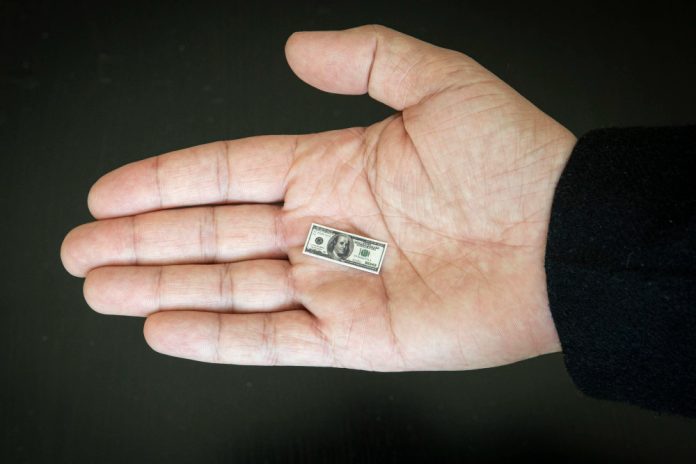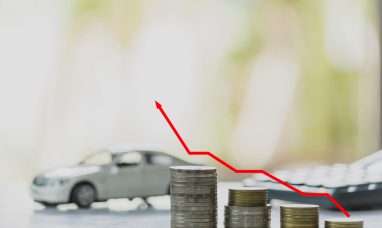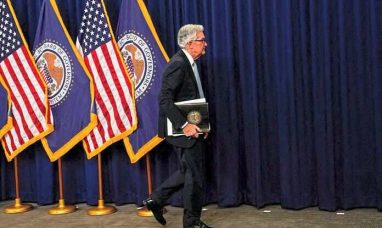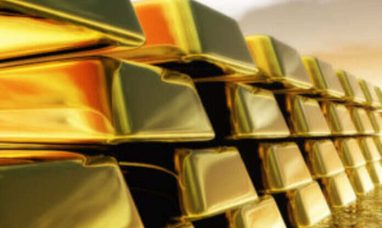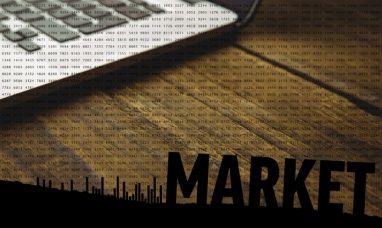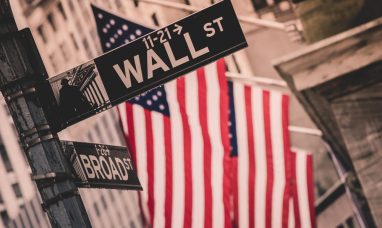Fed Chair Jerome Powell reiterated on Wednesday that the Federal Reserve is likely to cut its key interest rate this year, but emphasized the need for more evidence that inflation is being brought under control and is approaching the Fed’s target of 2%.
Powell acknowledged that inflation is slowing down for both goods and services but did not express concern over the recent inflation data, which showed some increase in price hikes in January. He pointed out that inflation, as measured by the Fed’s preferred gauge, has significantly eased over the past year, despite remaining above the target.
His comments, made in prepared testimony to a House committee, echoed his earlier statements at a news conference on Jan. 31, where he emphasized the Fed’s need for “greater confidence” in inflation being contained before considering a rate cut.
During his testimony, Powell highlighted the Fed’s balancing act between cutting rates too soon, risking a reversal of progress in reducing inflation, and cutting them too late or too little, which could weaken the economy and hiring. This marks a shift from last year when the Fed was raising its benchmark rate to combat high inflation.
The financial markets are closely watching for clues on the timing of the Fed’s first rate cut from its current 23-year high of about 5.4%. A rate reduction would likely lead to lower rates for mortgages, auto loans, credit cards, and business loans. Most analysts and investors expect the first rate cut in June, although May remains a possibility.
Powell did not provide any hints on the timing of rate cuts, but traders on Wall Street have put the likelihood of a rate cut in June at 69%, slightly up from about 64% a week ago. He also reiterated that the Fed’s policymakers believe they have finished raising rates, which are now high enough to restrain the economy and inflation.
Powell’s testimony comes amid the Biden administration’s efforts to address public frustration with inflation, which has been rising for three years. President Biden’s re-election prospects may hinge significantly on voter perceptions of his handling of inflation and the economy.
The administration is attempting to tackle what it sees as unjustified price hikes by large companies. Biden has criticized “shrinkflation,” where companies reduce the contents of a product instead of raising its price, and has sought to limit “junk fees” that effectively increase consumer prices.
While overall inflation has cooled, measuring at just 2.4% in January compared to a year earlier, recent economic data have complicated the outlook for rate cuts.
Featured Image: Freepik









